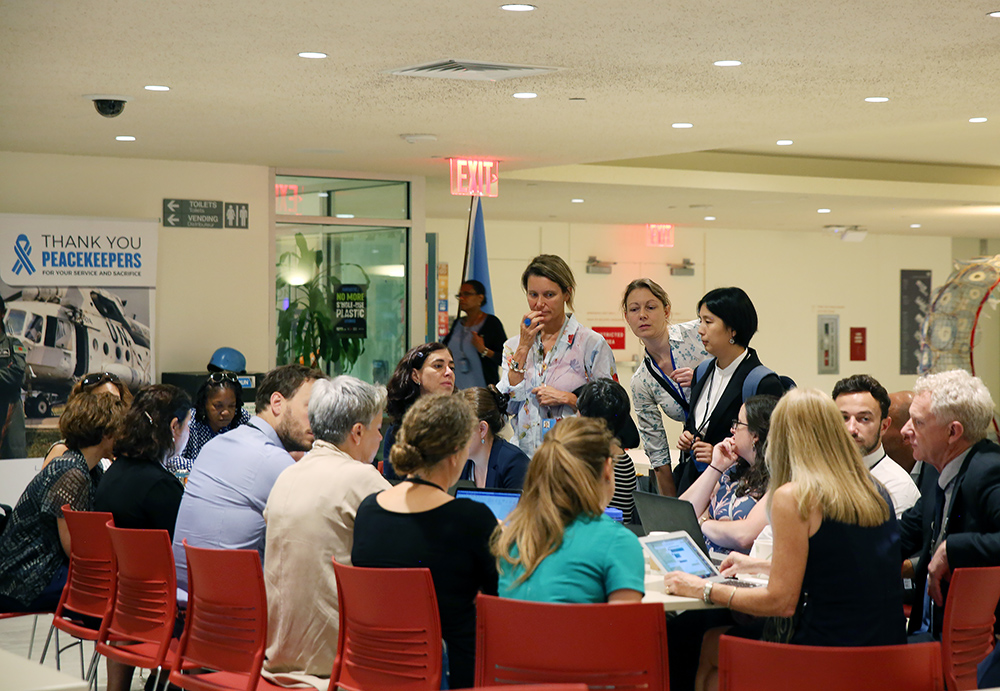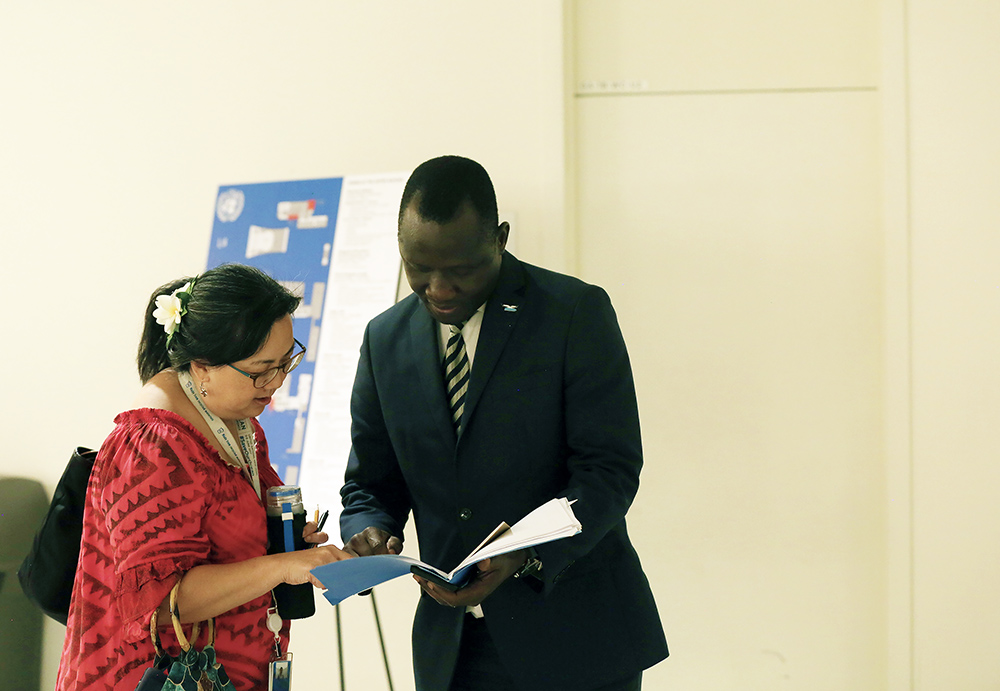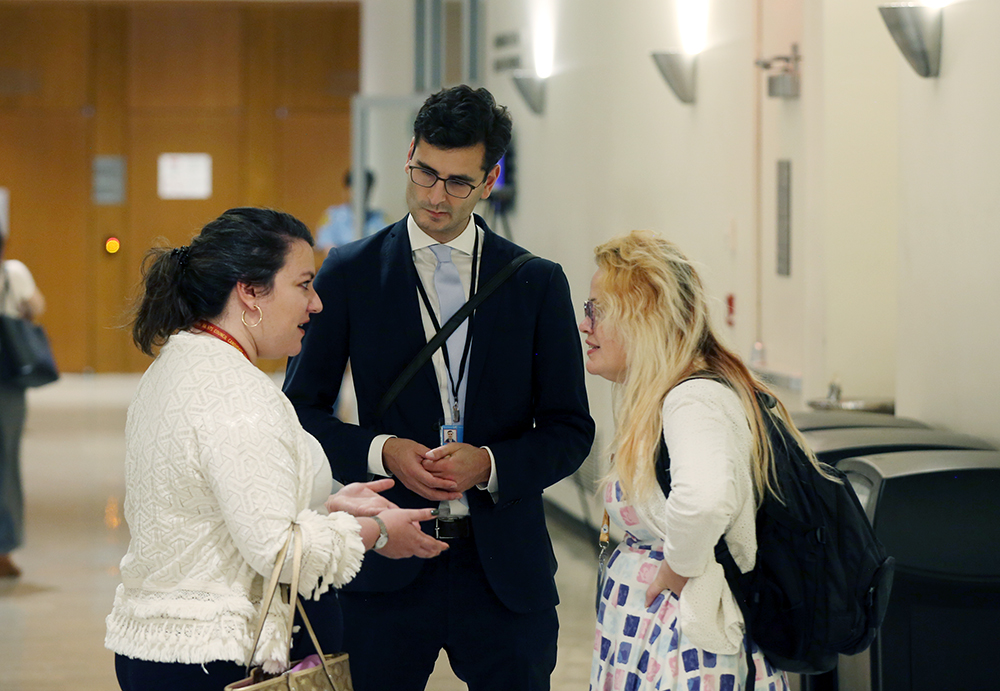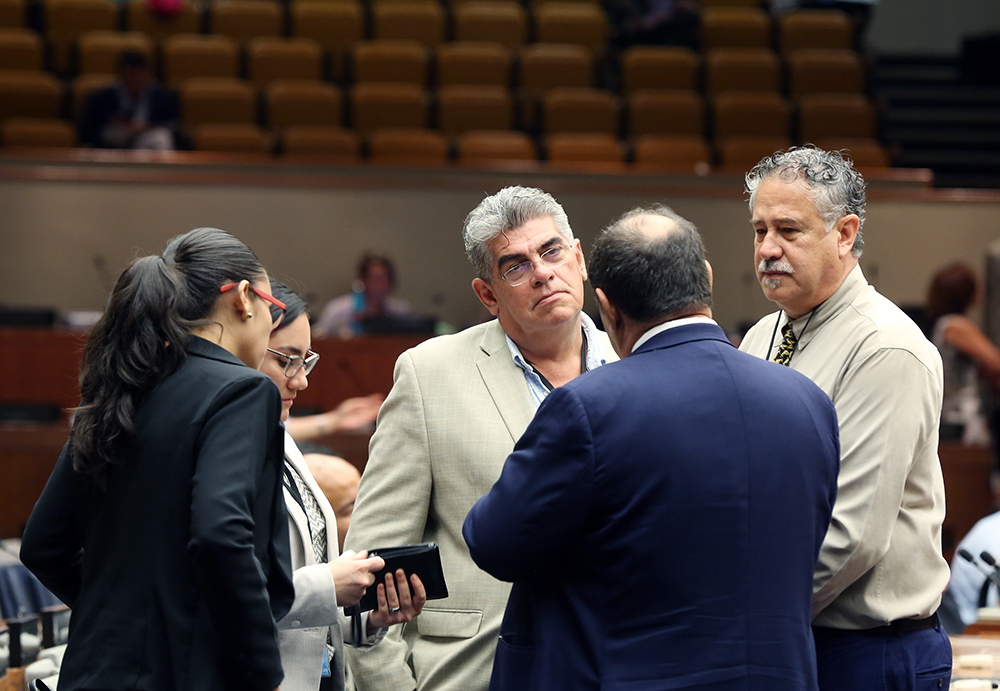Summary
Highlights for Thursday, 22 August 2019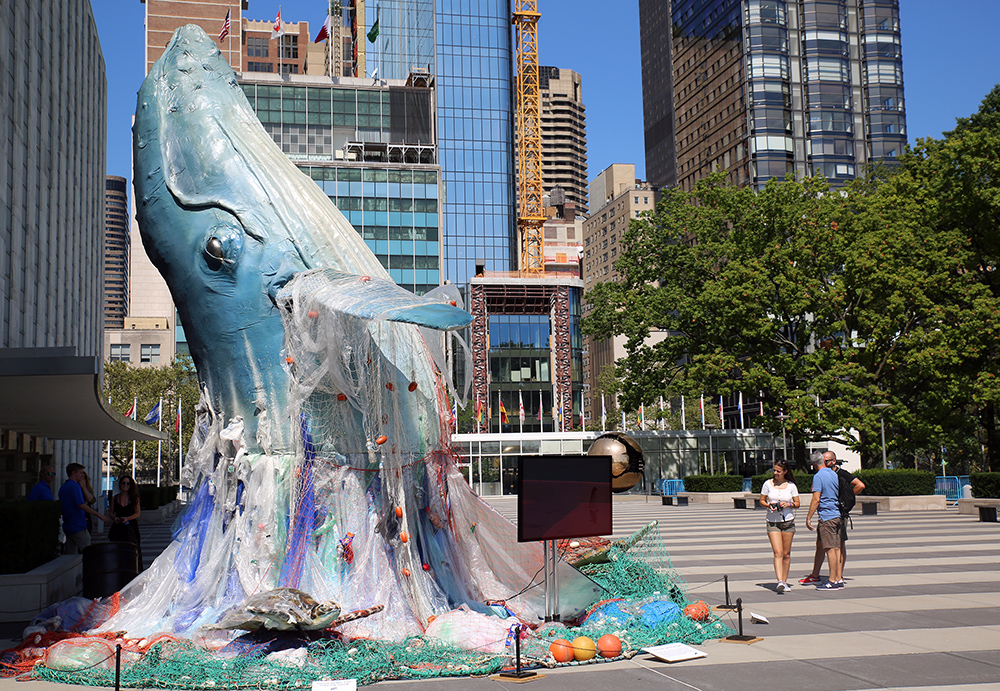
The third session of the Intergovernmental Conference (IGC) on the Conservation and Sustainable Use of Marine Biodiversity of Areas Beyond National Jurisdiction (BBNJ) met on Thursday, 22 August 2019, in an informal working group on environmental impact assessments (EIAs). Delegates also met in two closed-door “informal-informals” to discuss: marine genetic resources (MGRs), including questions on the sharing of benefits; and area-based management tools (ABMTs), including marine protected areas (MPAs).
During the informal working group on EIAs, delegates discussed scoping, screening, and impact assessments and evaluation.
Highlights of the day include:
In the morning, Facilitator René Lefeber (the Netherlands) summarized Wednesday’s informal-informal discussions on EIAs, which focused on decision making, and the relationship with EIA processes under other relevant global, regional, and sectoral bodies. On decision making, he noted, inter alia, that divergent positions remain around whether this should take place at the national or international level. On the relationship with EIA processes under other relevant global, regional, and sectoral bodies, Lefeber highlighted that participants considered whether, among other issues, there is potential for developing common standards between the new agreement and relevant bodies, under the discussion on global minimum standards for the conduct of EIAs.
In the corridors, some shared that segments of the informal-informals were “getting tense, as delegates continue to provide suggestions based on deeply entrenched positions which are sometimes polar opposites of each other,” without discussing how to bridge these long-standing disagreements. Noting that “these issues will define the course of the entire treaty,” one delegate suggested that the Conference consider designating “a lot more time” to address them.For more details on the day’s negotiations and to hear what delegates said in the corridors, see our daily Earth Negotiations Bulletin.
IISD Reporting Services, through its ENB Meeting Coverage, has provided daily web coverage, daily reports, and a summary and analysis report from BBNJ IGC-3. The summary and analysis report is now available in HTML and PDF.
Photos by IISD/ENB | Francis Dejon
For photo reprint permissions, please follow instructions at our Attribution Regulations for Meeting Photo Usage Page.
Informal Working Group
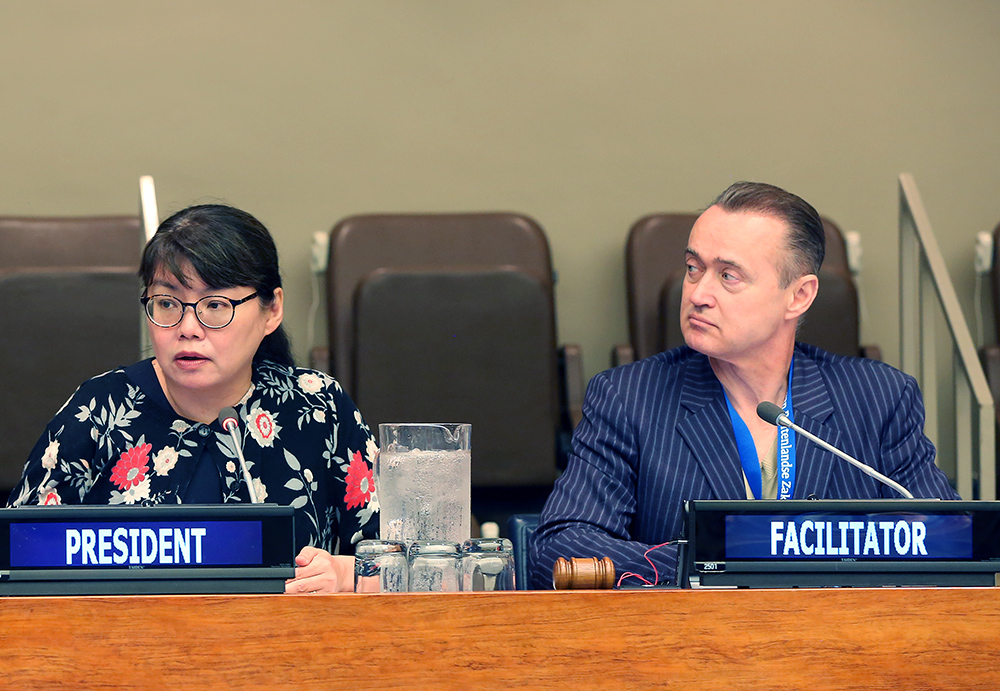
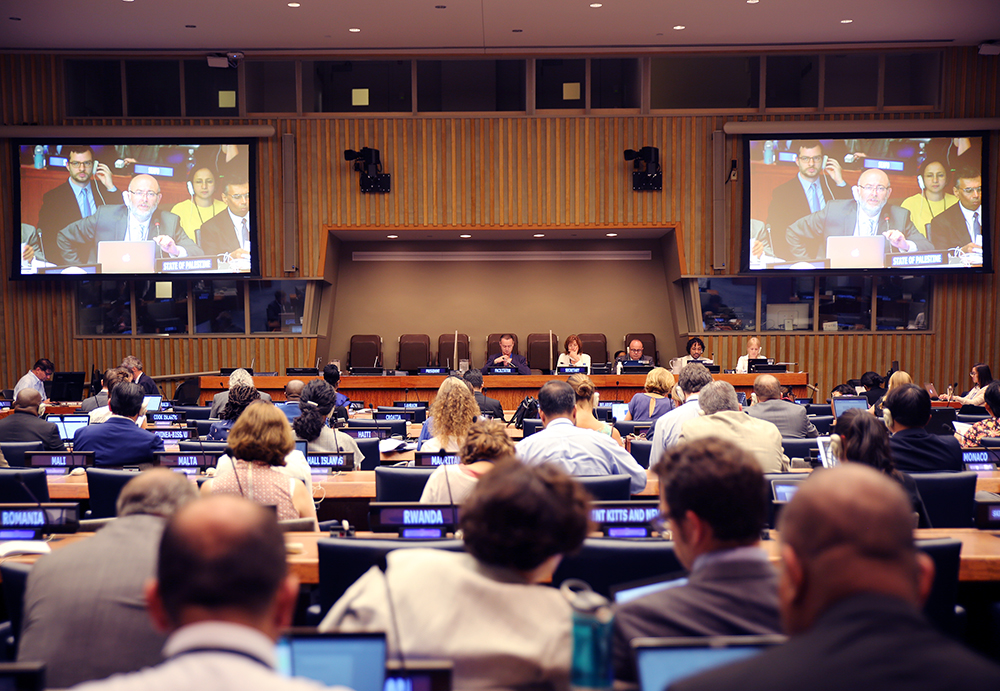
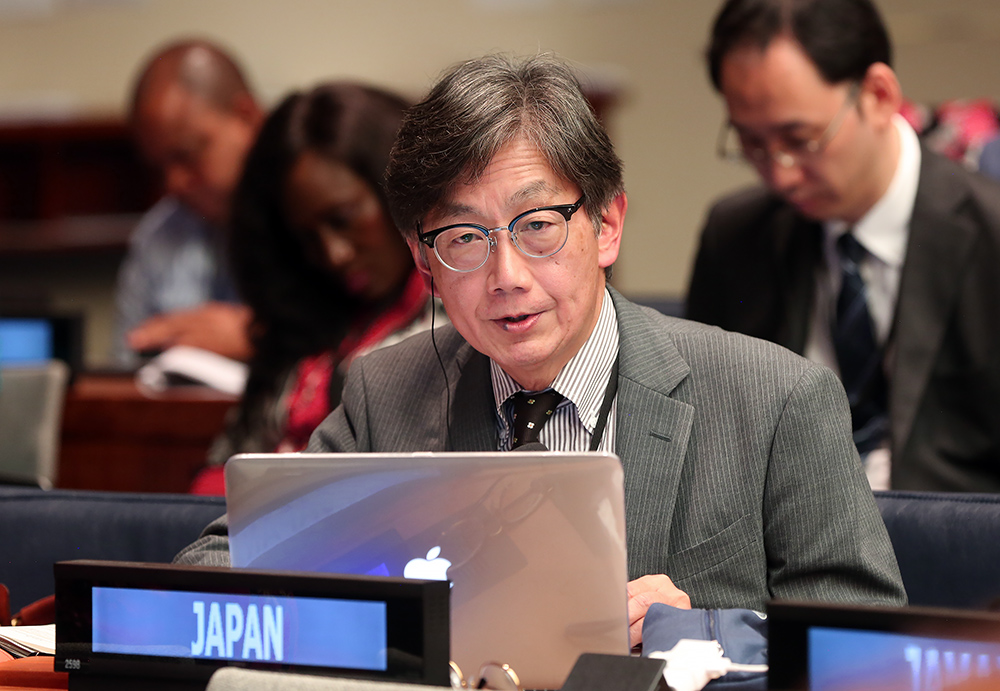
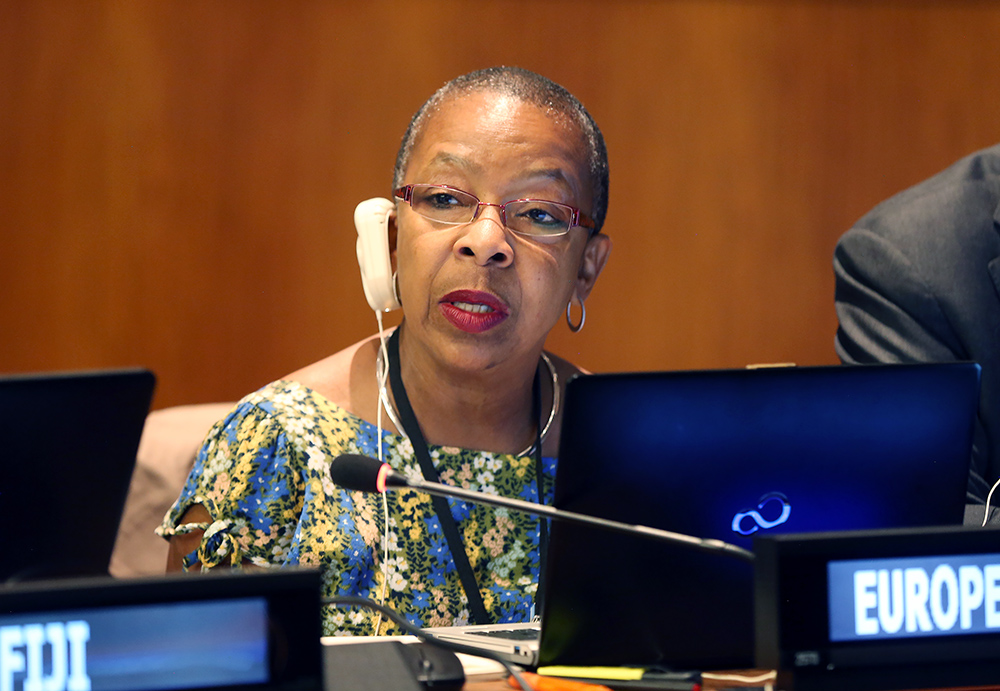
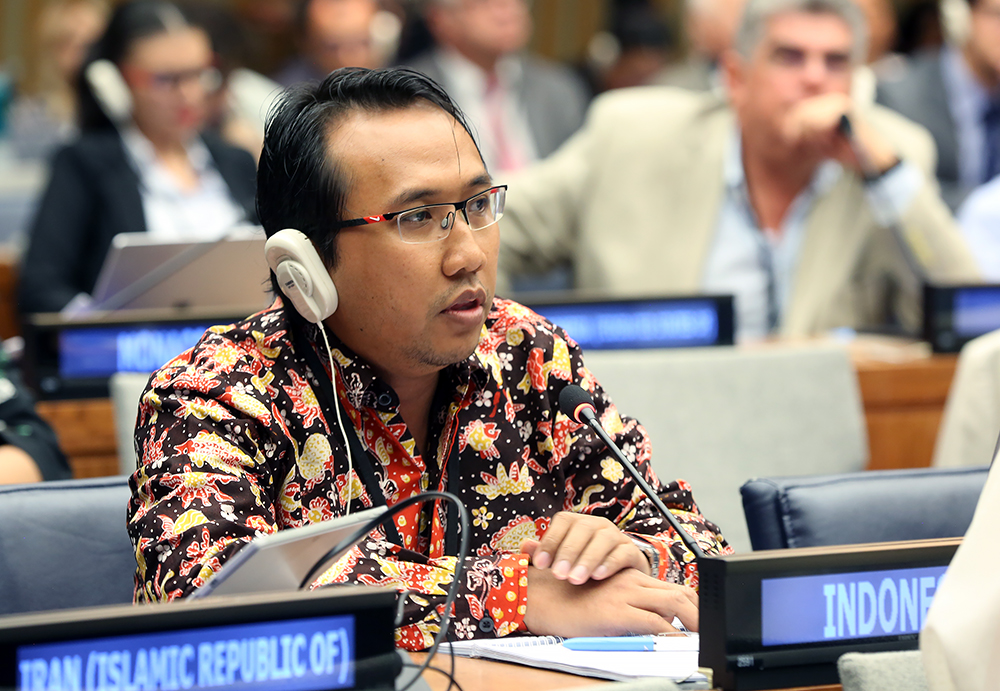
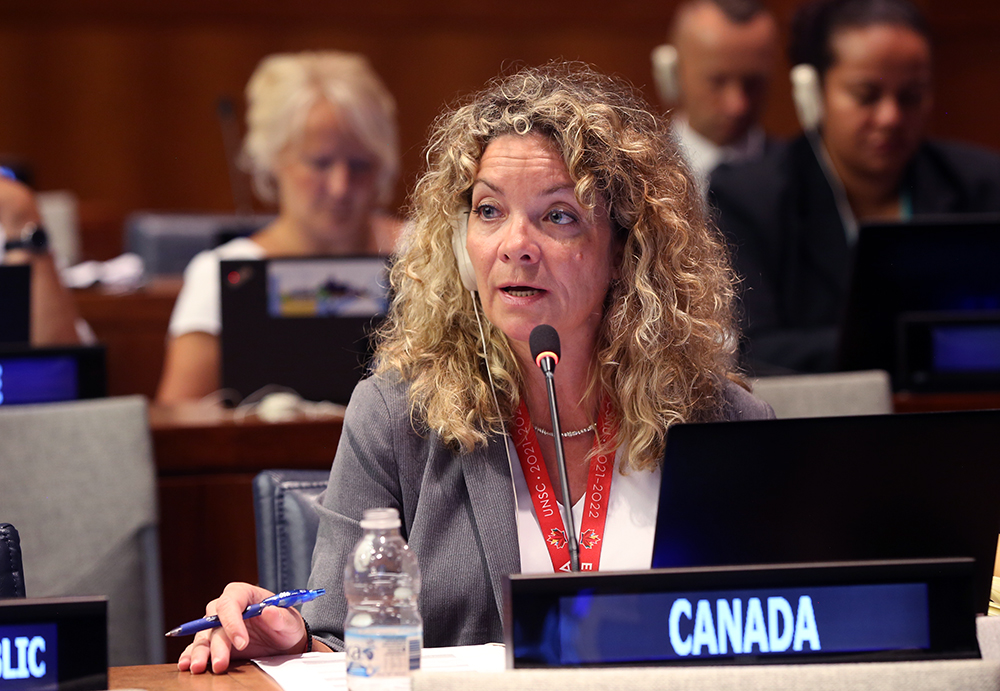
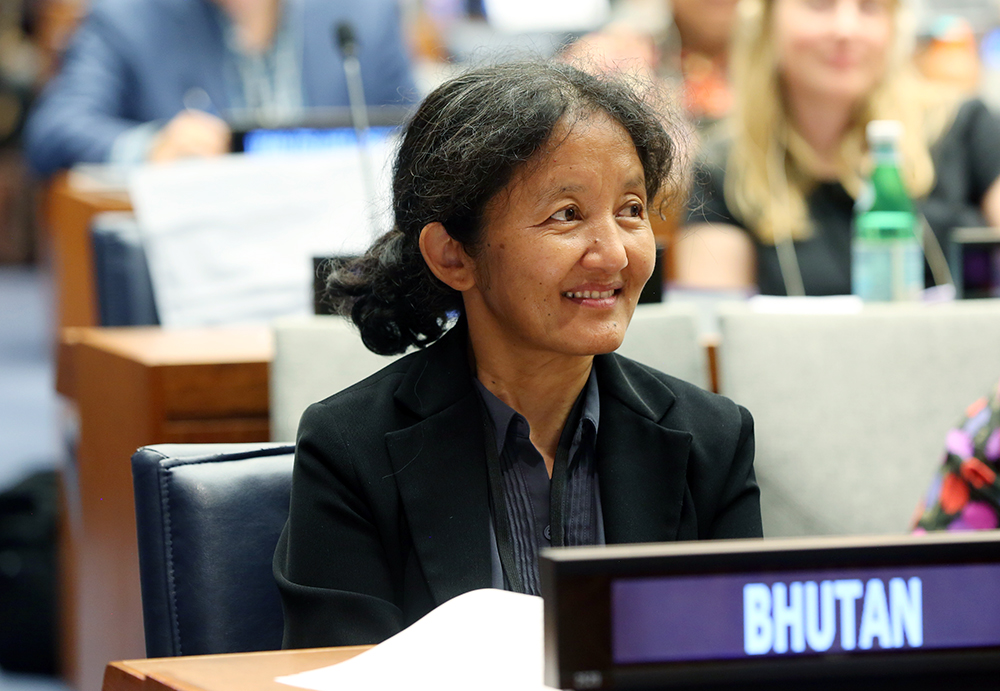
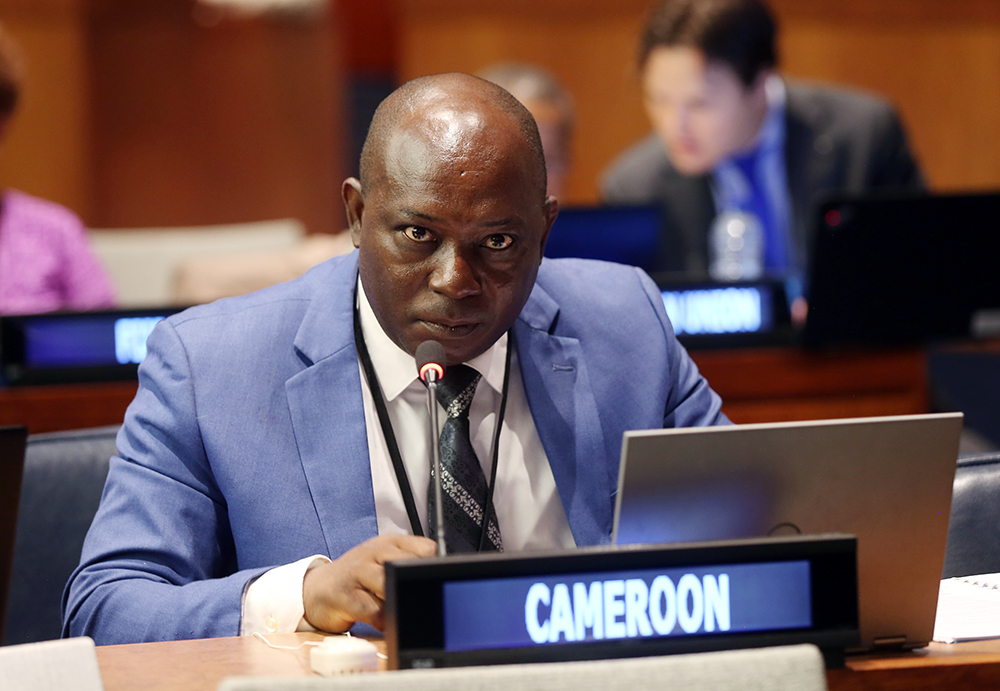
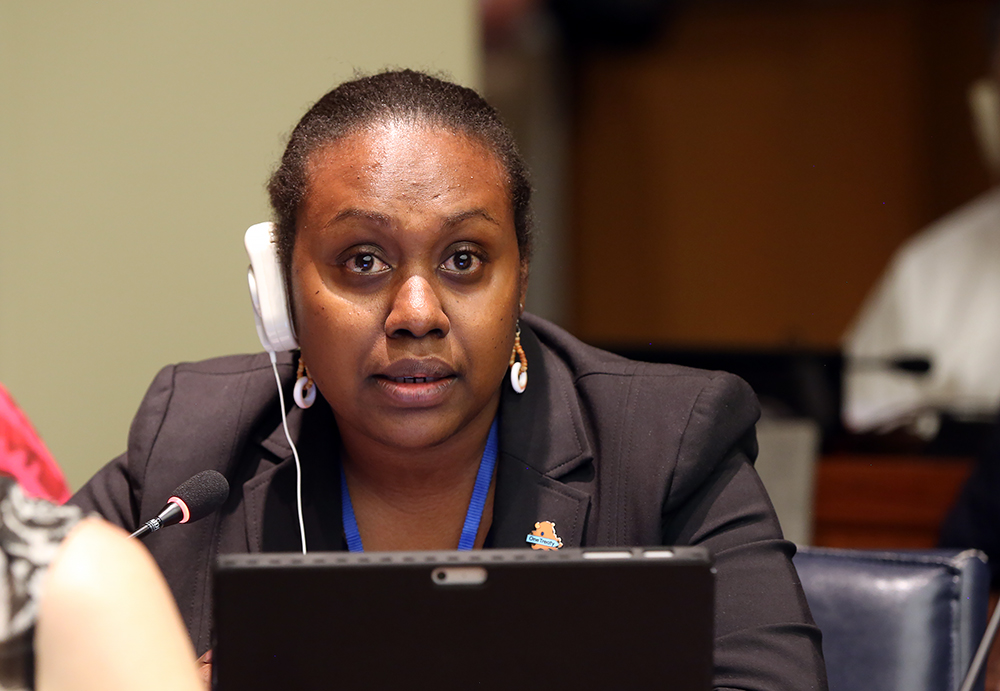
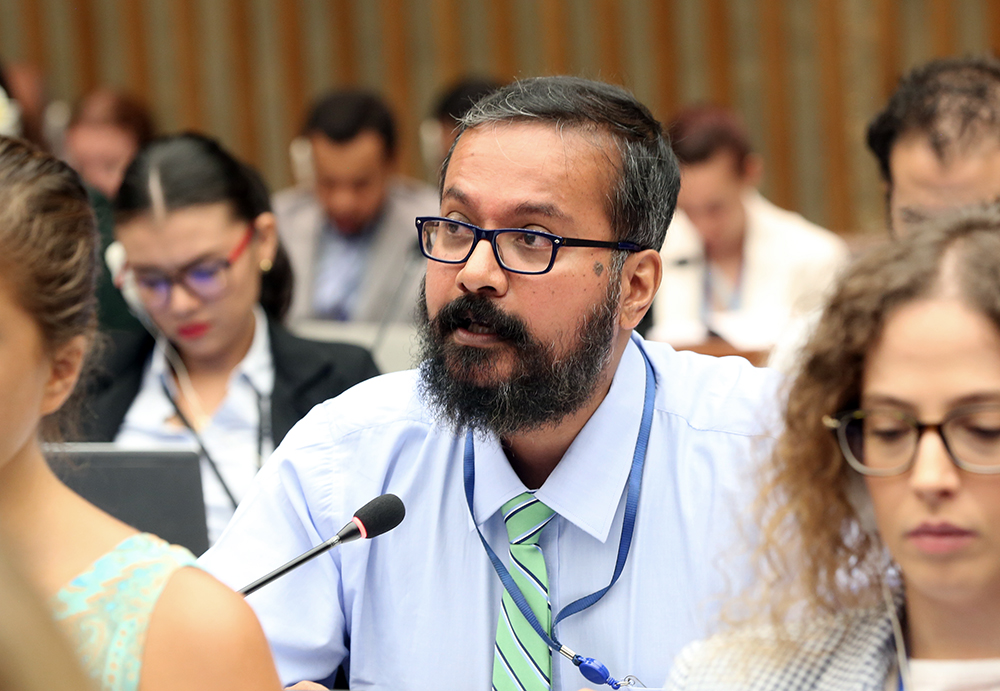
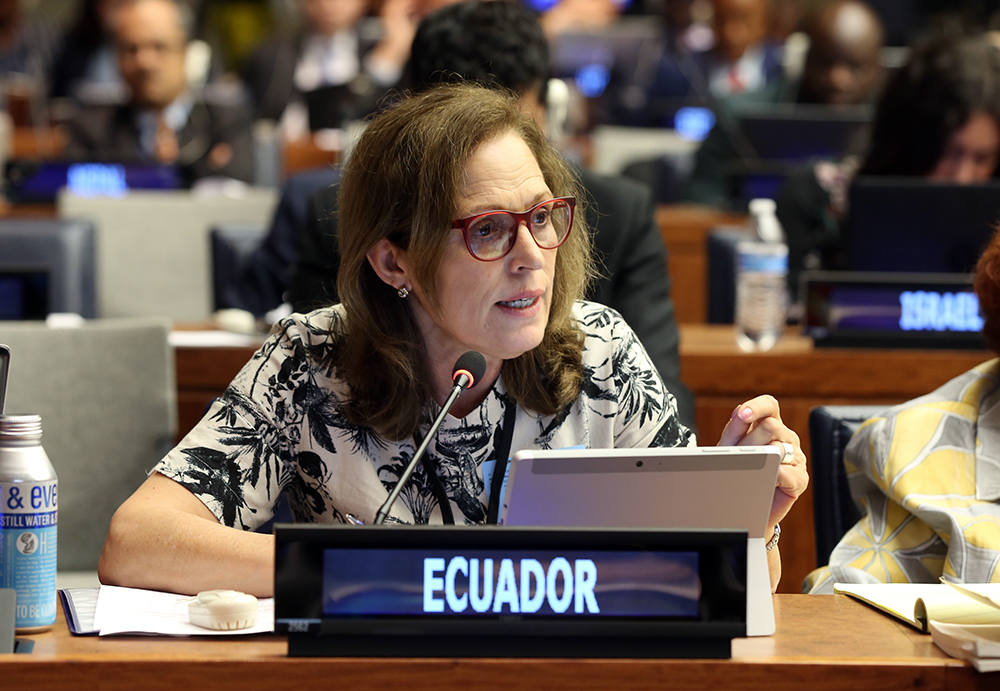
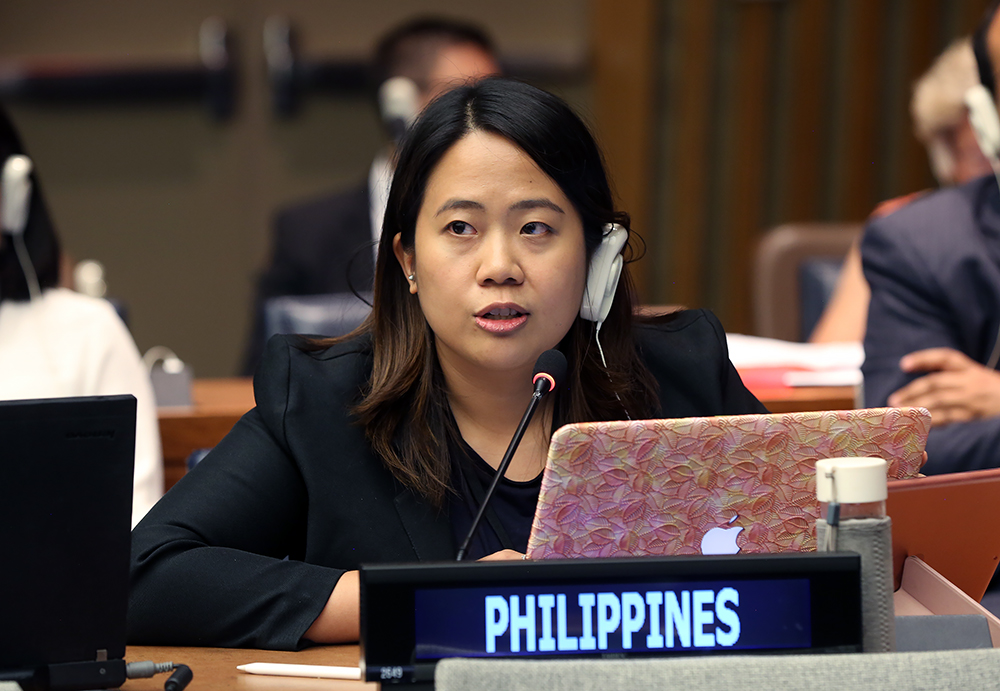
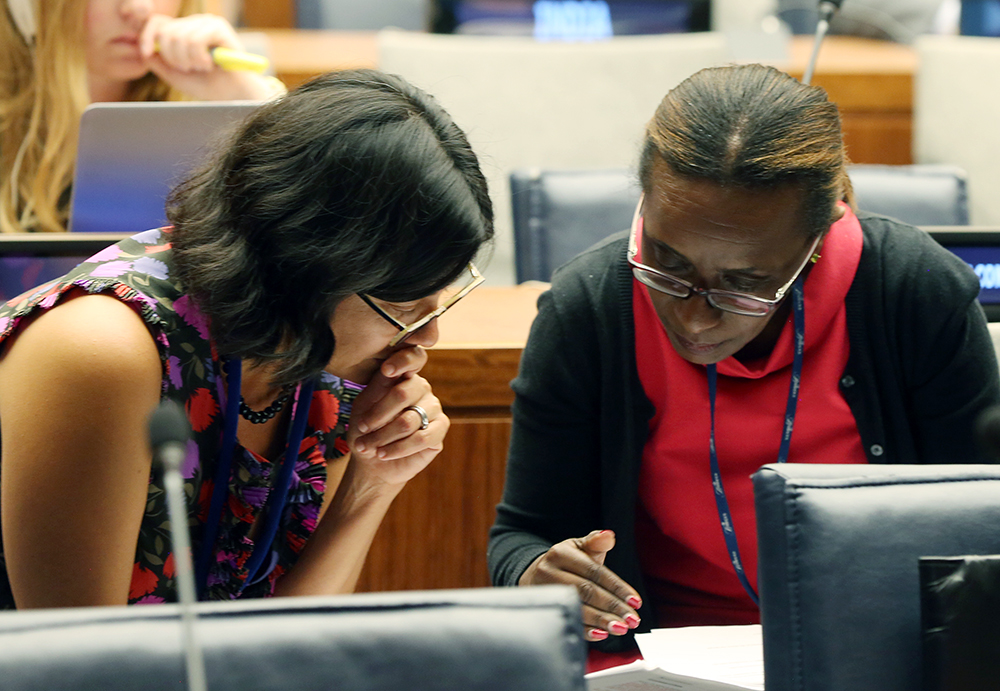
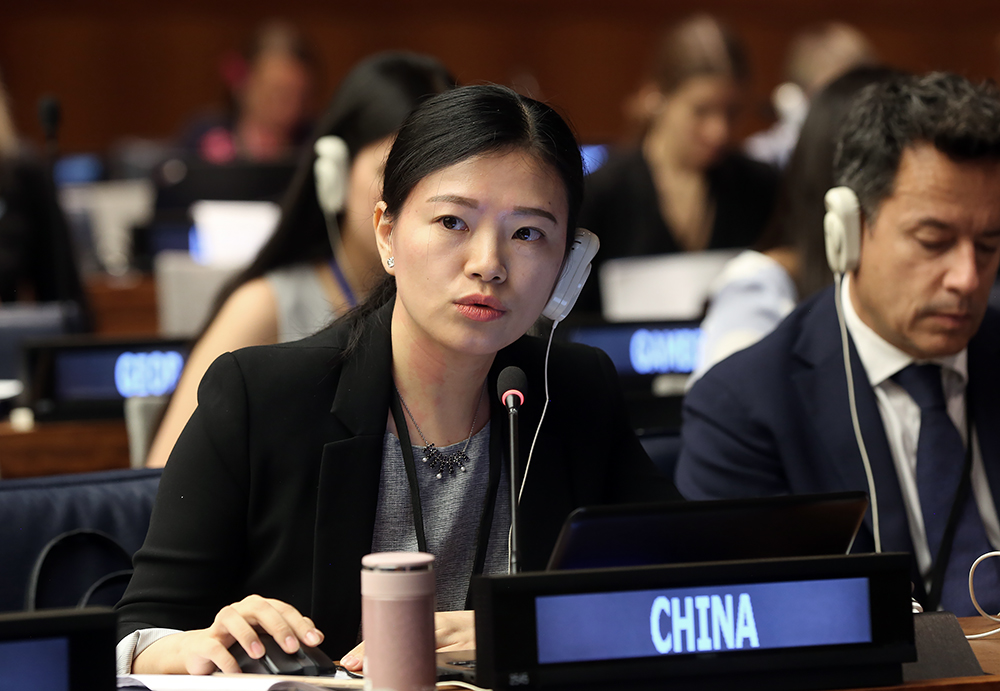
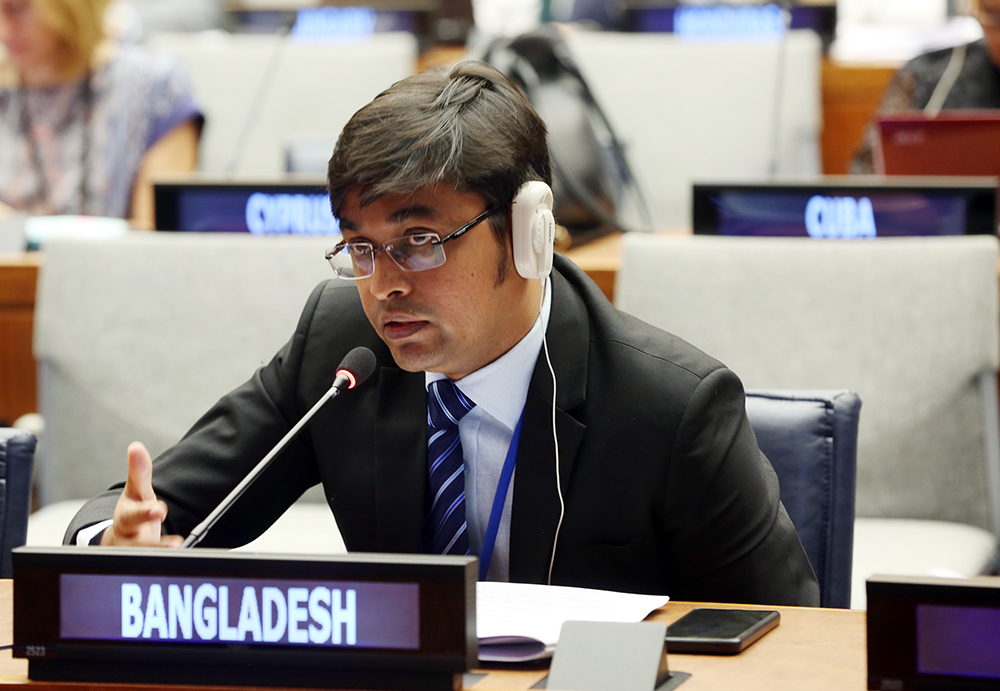
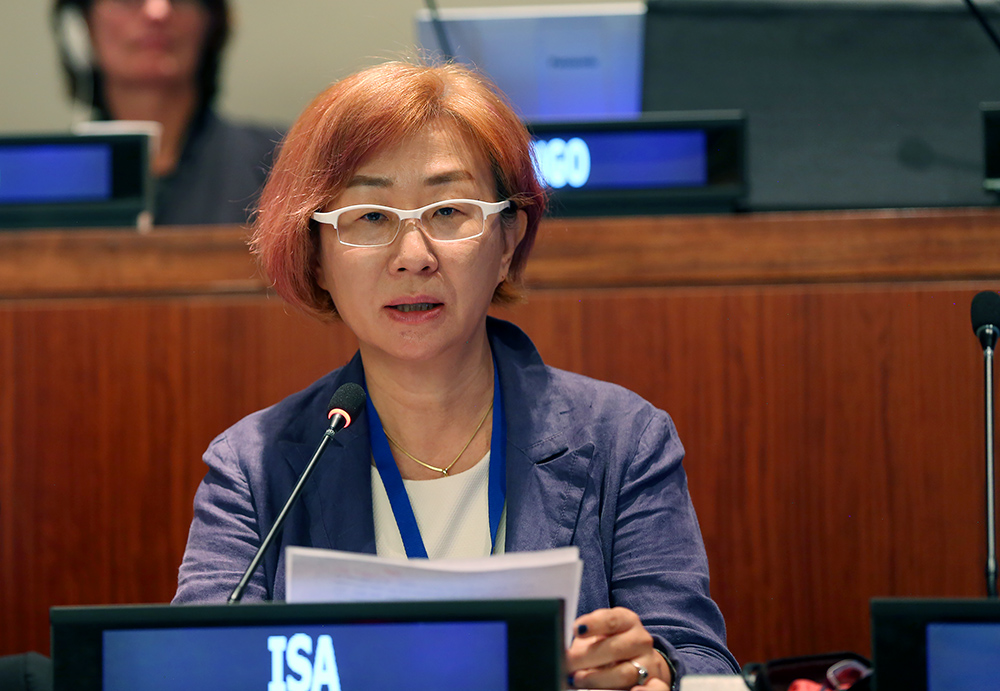
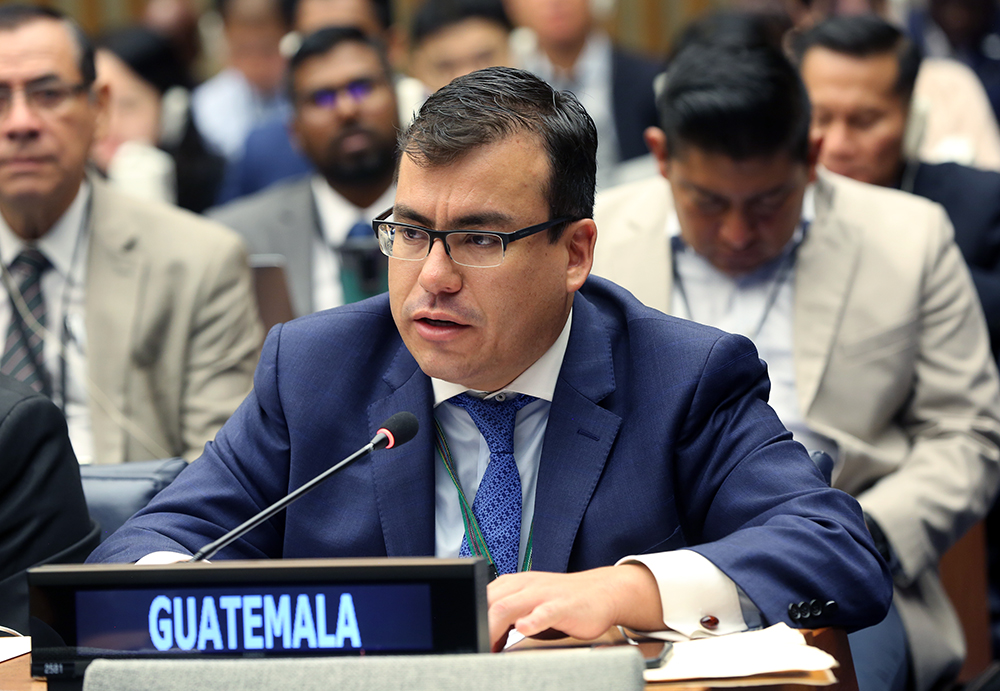
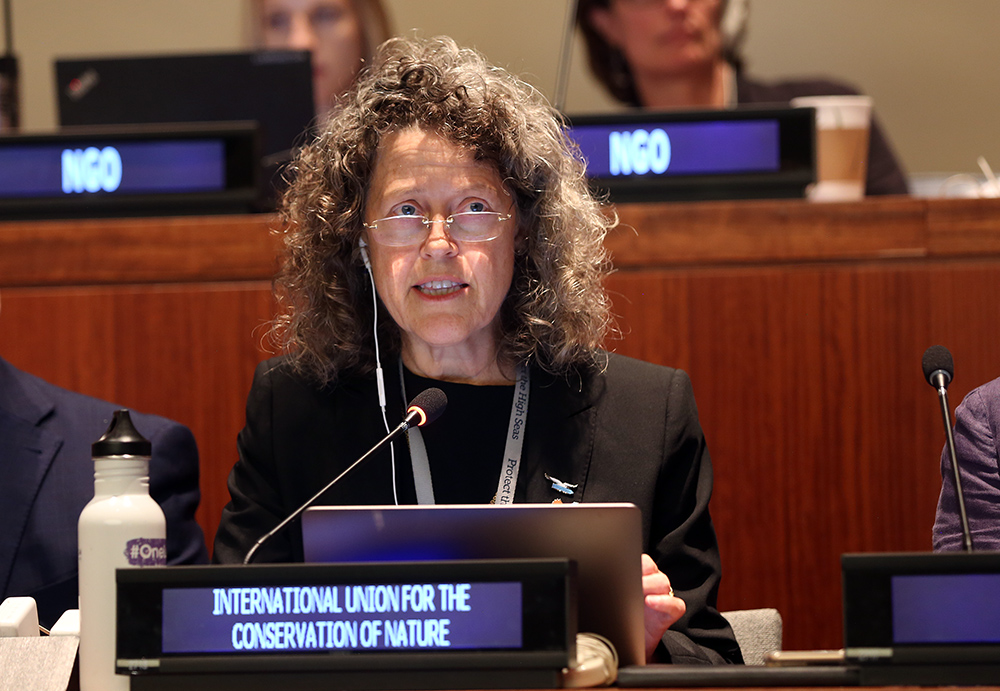
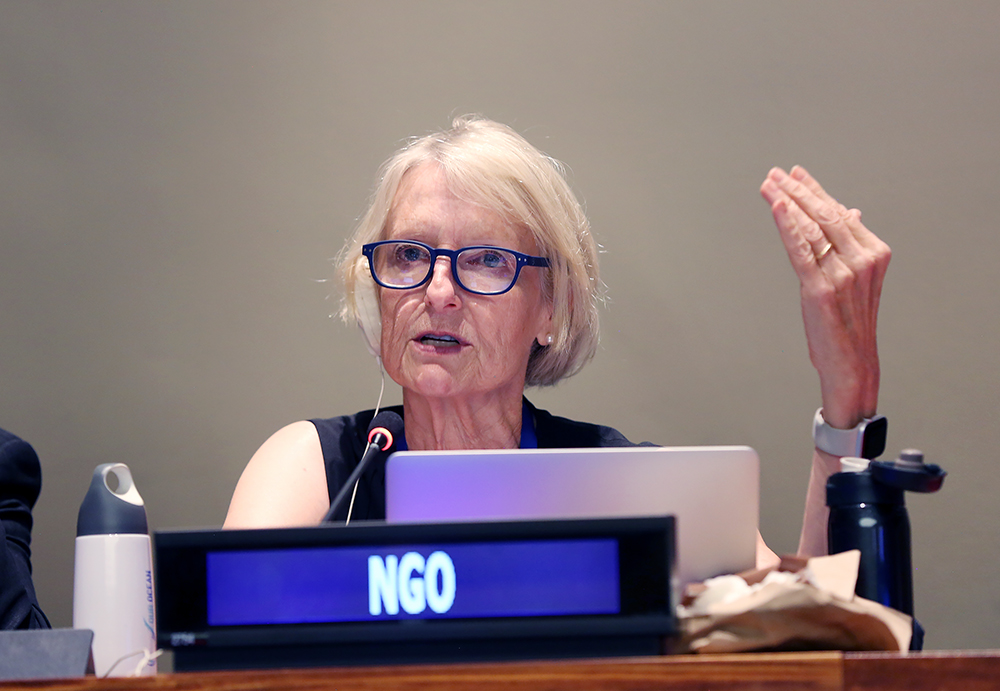
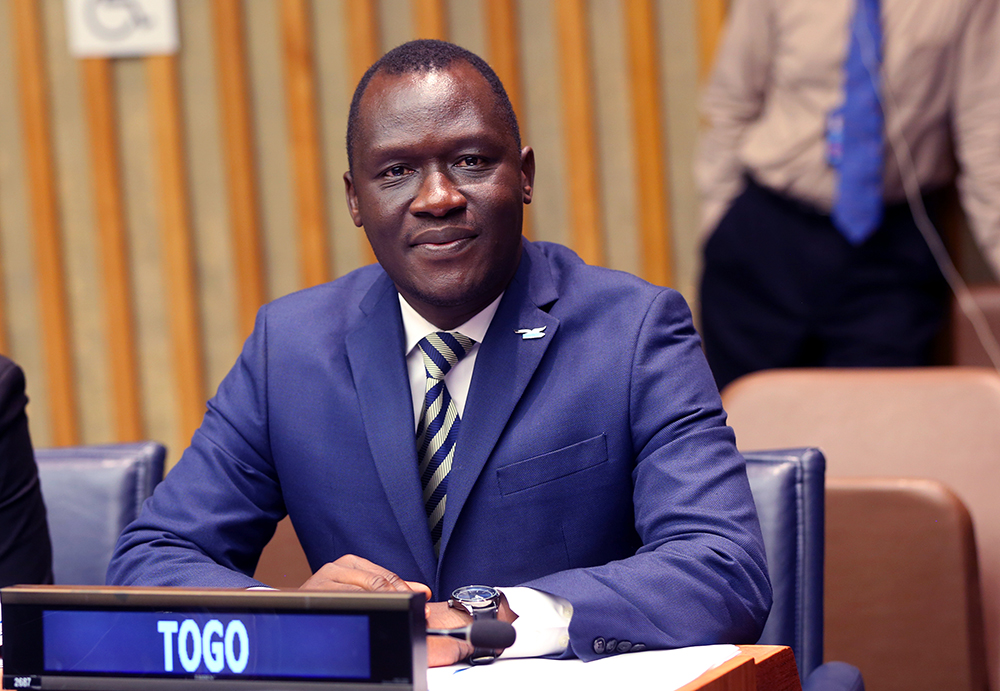
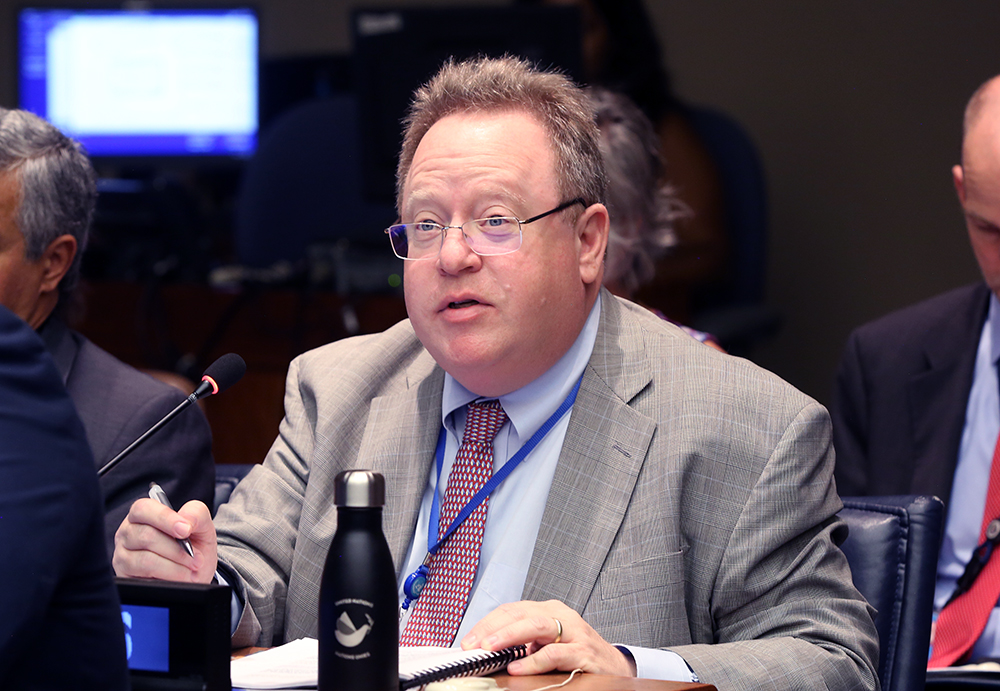
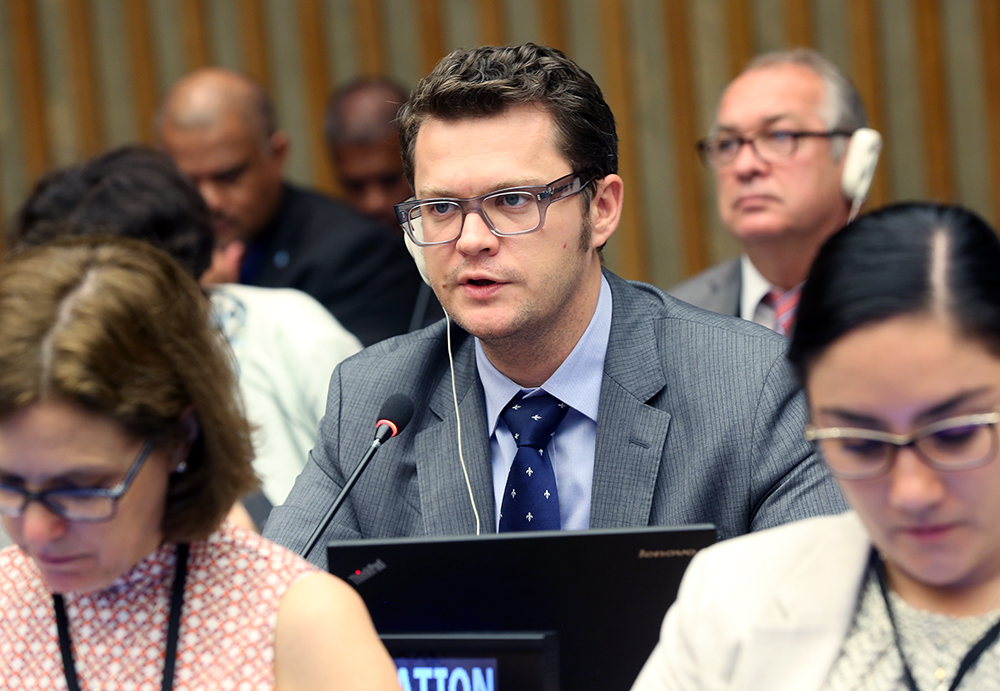
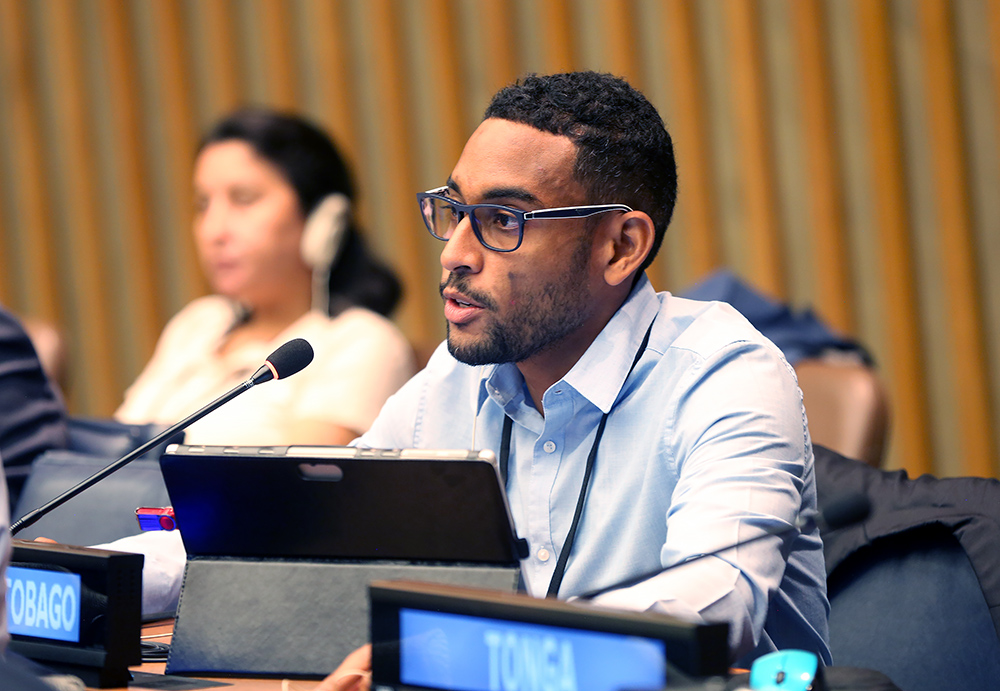
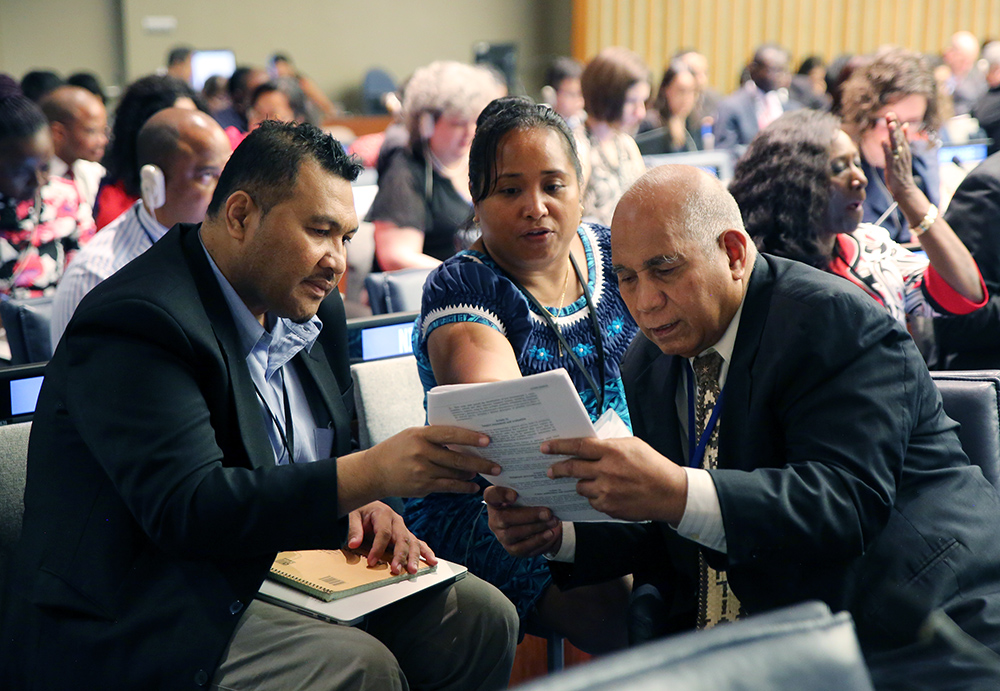
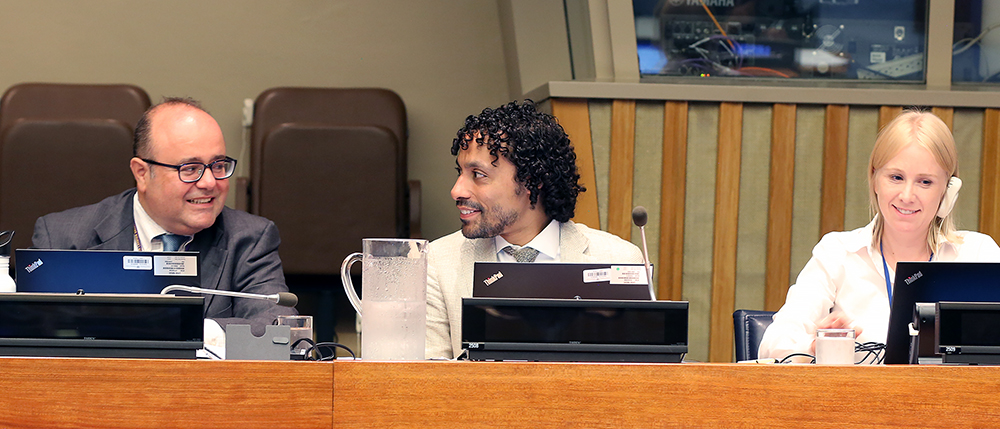
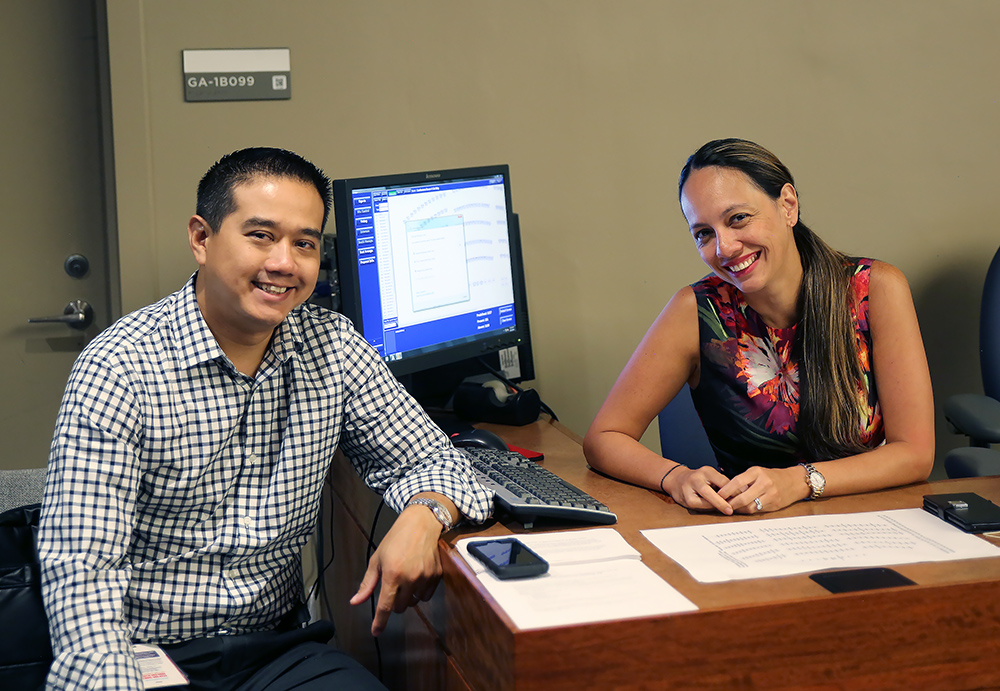
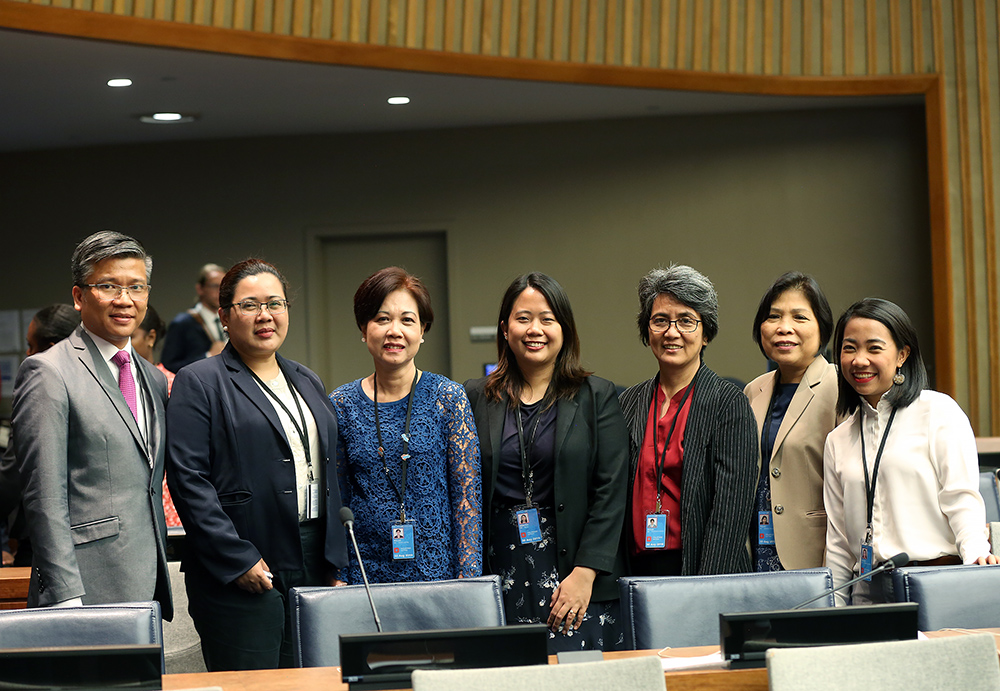
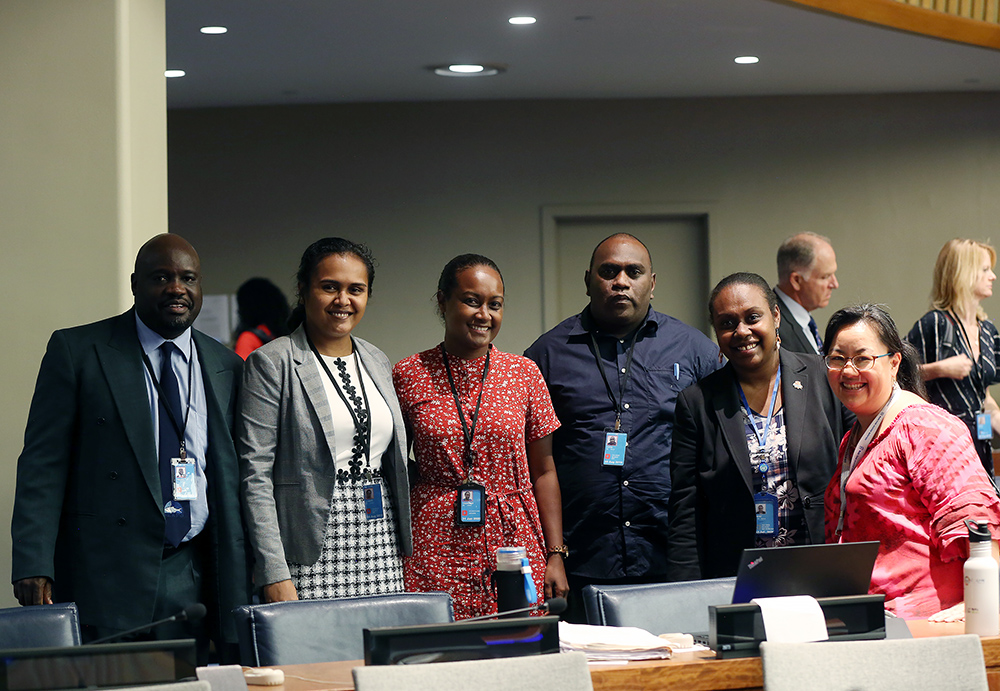
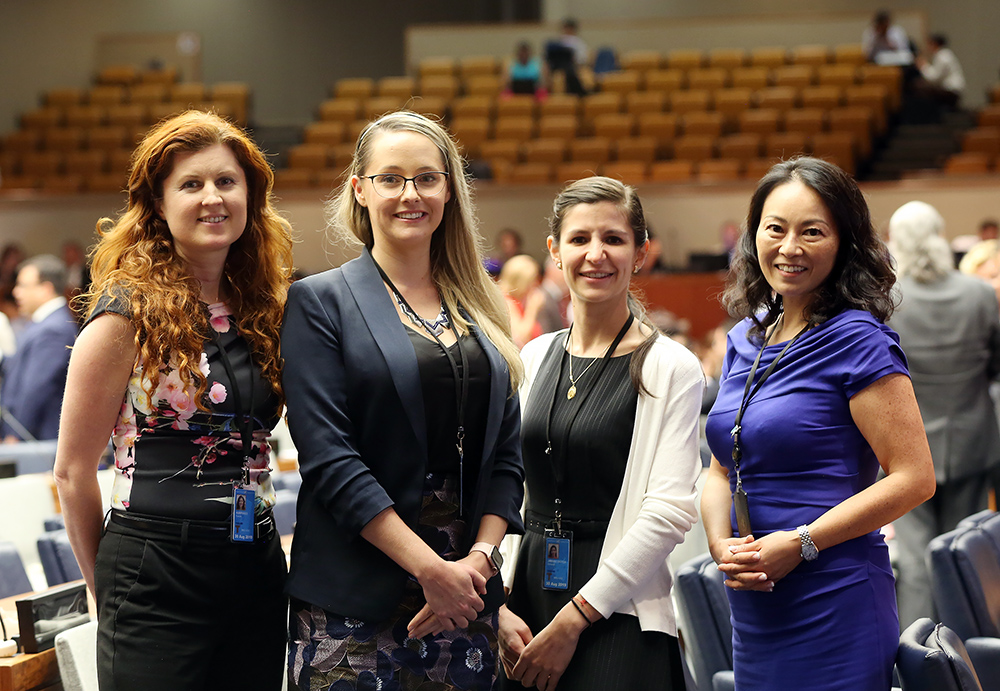
Photos in the corridors
